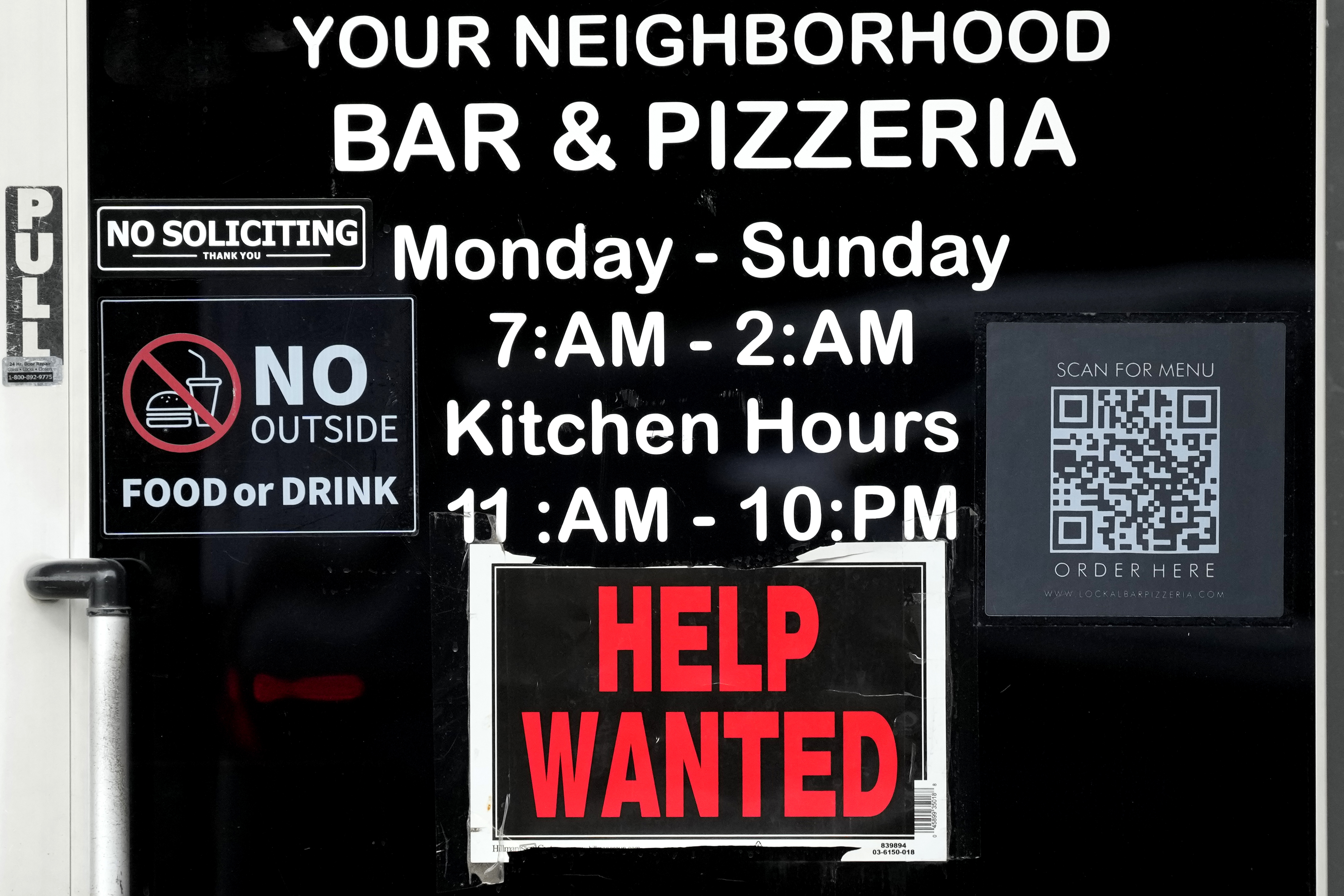CHESAPEAKE, Va. (WAVY) — A stomach illness going around Grassfield Elementary in Chesapeake is suspected to be norovirus.
The Chesapeake Health District sent out a statement to Grassfield parents on Thursday and said an investigation has been launched to find the possible source and prevent further spread.
Norovirus is very contagious and causes vomiting and diarrhea. It’s found in the stool or vomit of infected people and can be passed on by touching an infected surface and then touching the mouth, and by eating or drinking things that have been contaminated by food handlers.
Symptoms of norovirus include stomach cramps, vomiting and non-bloody diarrhea, the health department says, with other symptoms such as headache, low-grade fever (101 degrees) and chills. The symptoms start 1-2 days after exposure and last 1-2 days.
Frequent disinfection of surfaces and hand washing can help prevent the virus from spreading, and bleach is recommended. The infected person should use a separate bathroom from the rest of the household.
A concerned Grassfield teacher who wished to remain anonymous reached out Friday morning and said many students and teachers have been out sick and she was concerned that the school was not being cleaned properly.
The district director Dr. Nancy Welch and Grassfield Elementary School Principal Heather Martin sent parents a letter about the possibility of norovirus or the “stomach flu” at the school.
The letter did not state how many people might be affected with norovirus but said they are investigating the source of the infection and ways to prevent further spread.
Dr. Laura Sass, who is the medical director of infection prevention and control for the Children’s Hospital of the King’s Daughter, says the virus is very contagious and spread through contaminated water, vomit, and contact with people’s stool.
It causes vomitting, diarrhea, and nausea but only lasts for about 24 to 48 hours without any lifelong impacts, according to Sass.
“It’s so contagious. It can take out a whole classroom. The good thing is it’s usually short-lived and the not happy side effect is the vomiting and diarrhea. You get better. What usually happens is you get it into the households too. If a child was sick in the class, they can bring it home and get the rest of the family sick,” she said.
Sass says norovirus, which many associate with cruise ships, can happen any time of the year, but they’re seeing an increase in respiratory viruses such as COVID-19, the Flu, and adenovirus that are more common in colder months.
“Traditionally in the past, I would say that respiratory viral season ends when it gets warm outside but it didn’t do that last summer. I’m a little hesitant to say what this year will be like because last year proved us all wrong,” she said.
More younger children, especially those born during the pandemic, may also be getting sick, according to Sass.
“We have a population of children who were born in COVID who weren’t exposed to these respiratory viruses as some were pre-COVID. We had a lot of infants who stayed inside for a year. Now, they’re out and about and with no pre-existing immunity to these viruses, we have lots of children getting re-current colds and fevers because of that,” she said.
Sass says that masking and quarantining helped keep many of the viruses at bay but some parents were lacking in getting their kids immunized during this time, which is also contributing to the uptick.
She recommends getting children up to date on their vaccines.
Also to stop the spread of norovirus, Sass says it’s important to wash your hands with soap and water instead of using sanitizer.
“The alcohol-based sanitizer doesn’t work as well as we want it to,” she said.
A district spokesperson says Grassfield Elementary is open and operating as normal.
If you’d like to know more about the symptoms, click here.
The school is still operating on a normal schedule for Friday. The investigation is ongoing.

























































